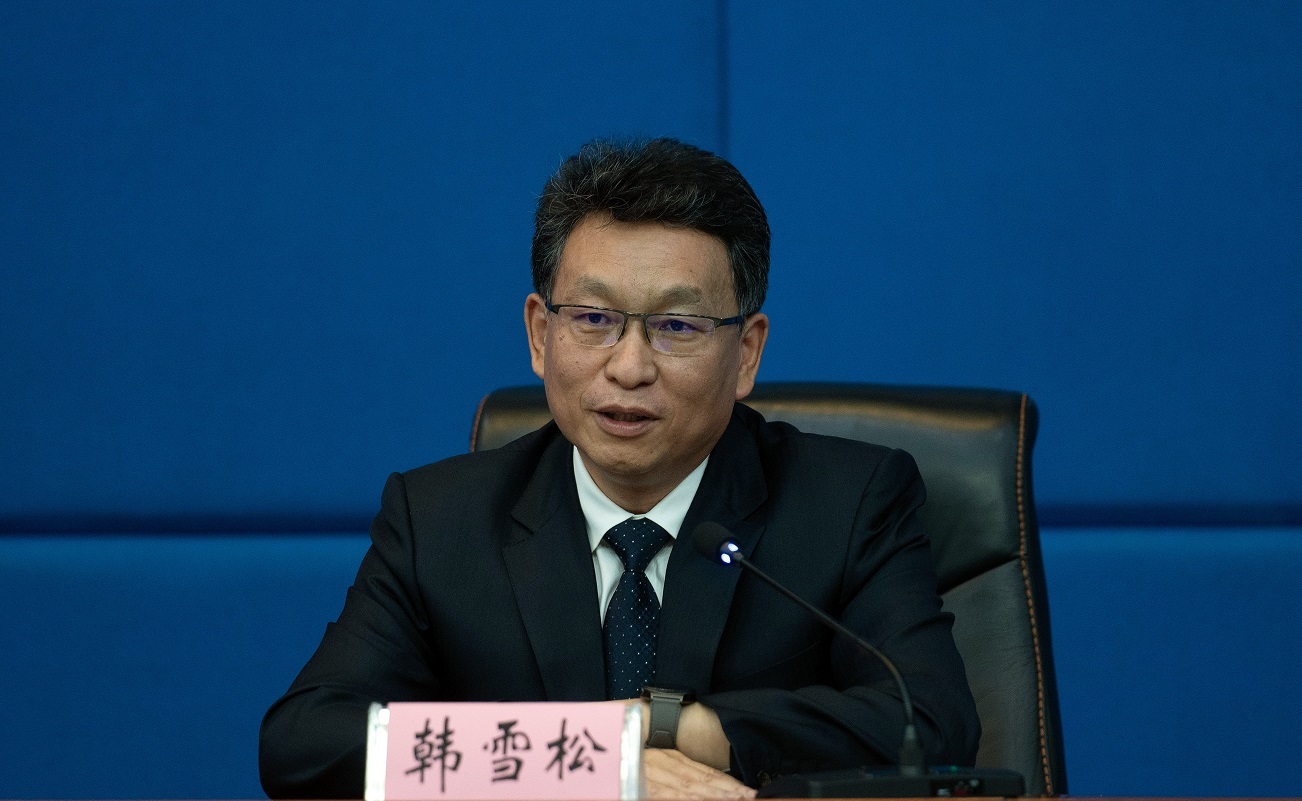Animal protein -the culprit of climate change?Measure and manage the impact of meat on the earth
Author:China Green Fair Time:2022.07.22
Recently, the Chinese Ministry of Biological Diversity Protection and Green Development Foundation (referred to as China Green Fair, Green Club) learned from the international well -known journal "The culprit of climate change?" The impact of and managing the influence of meat on the earth (a climate villain? Measure and Managing Meat's Impaact on the Planet "." The International Department of the Green Club now compiles this article for reference for interested readers.

Credit: Unsplash/CC0 Public Domain
If you read any media article about making personal changes to save the earth, from the title, you may see the words that reduce meat or at least greatly reduce meat consumption.
But is animal protein be the leader of the climate? Can we continue to eat meat in a sustainable way?
Three researchers at the Department of Animal Science and Aquaculture of the School of Agricultural College of Agricultural University of Agriculture, Canada, agreed that animal protein is part of the solution in the face of the growing global population. However, they also said that animal husbandry can improve greenhouse gas emissions and other factors related to sustainability.
Stefanie Colombo, an associate professor and chairman of the Canadian research chairman of the aquaculture industry, said: "If you just plant plants, we either starve to or the soil system cannot handle all the plants we need to plant. This is unsustainable."
Dr. Colombo said agriculture is an important contributor to greenhouse gas emissions, accounting for about a quarter of the global emissions. Therefore, as the demand for animal protein increases, manufacturers must continue to improve efficiency and reduce emissions.
"This is the trend of beef production for decades", Said Ghader ManaFiazar, assistant professor who specializes in sustainable livestock production systems. He pointed out that the measurement emission volume is challenging. He quoted a project that hired 17 people and spent $ 2.5 million to study the amount of methane generated by 1,000 cows. 45 years ago, Canada had about 10 million beef. Now this number has dropped by more than half, but beef production has increased. More importantly, farmers, while reducing the total feed, also improved efficiency.
Dr. Manfiazar explained: "There is correlation between feed intake and carbon footprints, because when animal intake is more, they digest more and produce more methane. Therefore, if they eat them, they can eat them. With less, we can reduce their contribution to global warming. "
However, Dr. Manfiazar is also studying more high -tech options, including using machine learning to develop an algorithm, which can predict methane emissions based on genetic characteristics. Can cultivate cows with ideal low -emission genes.
Bruce Rathgeber, the director of the department and the associate professor of poultry production, also pointed out that the production of eggs and chicken chicken is constantly improving. He said that sometimes "the influence of the benefits", but now there is a better balance between the two.
Dr. Lasger said that it is important to advance forward to avoid accidental consequences. For example, even if the EU prohibits antibiotics in meat chicken feed, the overall use of antibiotics has increased because the prescriptions for diseased poultry have increased.
For Dr. Lasger, this shows the importance of the comprehensive method: not only to eliminate antibiotics, but also "reduce the density of the barn and better manage the bedding in order to manage the proliferation of bacteria. Farmers have become many many people. Experts in other aspects no longer depend on drugs to deal with many things, and they are doing a lot of learning. "
The promise of "blue food"
For Dr. Colombo, supporting the world means more attention to blue food -animals, plants and algae growing in the water. She said: "Blue food is a power station, not only because they are beneficial to human health, but also because of their commitment to the environment."
She said: "The greenhouse gas emissions of aquaculture aquatic foods are lower than the production of many crops and industrial livestock. We need to use the power of the ocean to reduce some environmental footprints in the food production system. Aquatic food. "
Dr. Colombo said that like other forms of animal production, aquaculture has made mistakes. She takes early granules with salmon feed as an example:
"They were fed a small ball, just like dog food, which was originally harvested from wild fisheries such as Sardine and Anchovy, and then grinded into fishmeal and fish oil. Salmon was carnivores. For them, the nutritional value is very high, which seems perfect, but it is meaningless. "
Today, she said that the number of fish flour and fish oil has been greatly reduced, and the farm is using more "upgrade" ingredients, such as cultivating microalga beer beer beer.
We need to surpass the species we are currently raising. She quoted striped bass as a species "will soon become a sustainable development industry in New Skushea."
Whether it is on the ranch, in the barn, or on the water, there are more gains to do.
Compilation: daisy
Review: SARA
- END -
Press release | Welcome to the digital economy partner to come to Longjiang to create a win -win situation

In the report of the 13th Party Congress of Heilongjiang Province, it is necessary...
Under the hot sun, they are not afraid of "baking" test

Recently, the meteorological department has issued high -temperature warnings many...